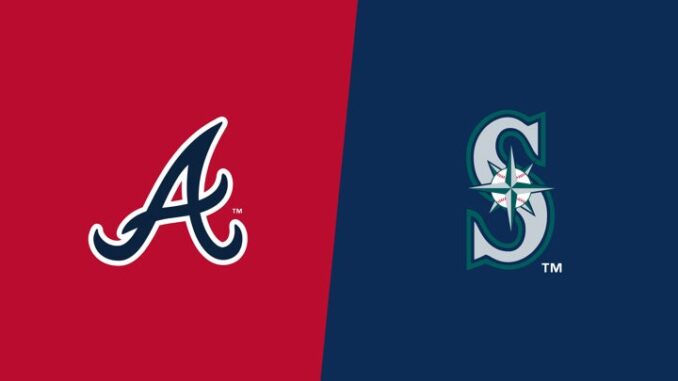
The Atlanta Braves are entering an offseason filled with uncertainty and crucial decisions. For the first time in several years, they are looking ahead without the momentum of a playoff run behind them. Their recent campaign fell flat, ending much earlier than anyone in the organization or fan base expected.
After seasons of division titles, postseason appearances, and the reputation of being one of baseball’s most consistently competitive franchises, this sudden regression has placed their roster under a microscope.
Almost immediately when the winter began, it was clear that changes would be necessary. Holes exist on the roster — some created by expiring contracts, others exposed by uneven performance — and the Braves’ front office must determine the best way to address them.

One of the earliest and most intriguing moves of the offseason came in the form of a minor-league signing. In early October, the Braves added veteran catcher Austin Nola to the organization. While the transaction was not flashy or headline-grabbing, it caught the attention of fans and analysts, particularly because of how it might influence Atlanta’s catching situation.
More MLB: Braves complete 2026 coaching staff with additional hires
MLB insider Bob Nightengale of USA Today first reported the signing, noting that Nola’s contract included an invitation to participate in the major league portion of spring training. Shortly thereafter, Mark Polishuk of MLB Trade Rumors echoed that report, emphasizing that the deal was structured to give Nola a legitimate chance to compete for a role in Atlanta’s big-league clubhouse when spring camp opens.
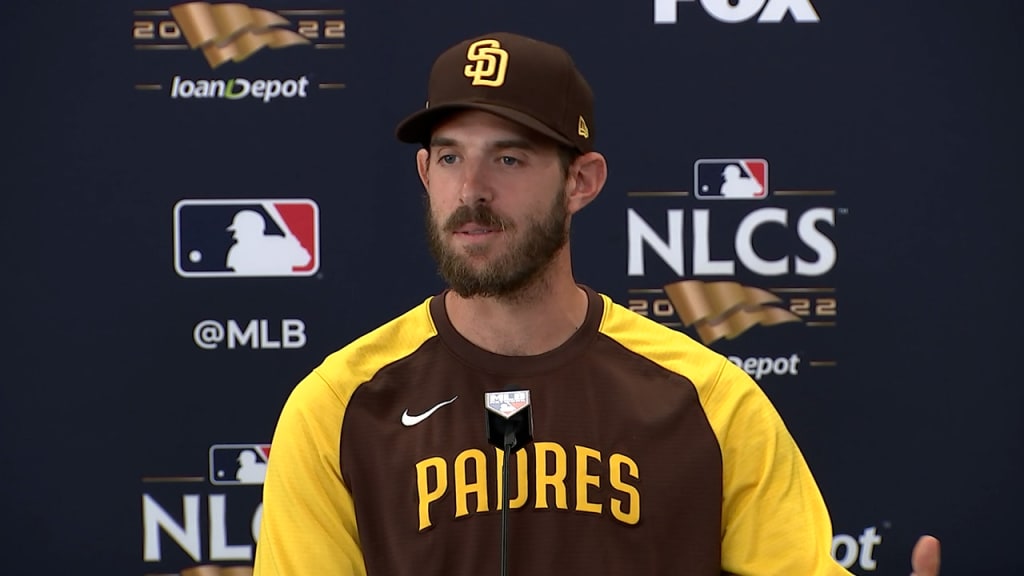
This signing came after speculation throughout the early offseason that the Braves might reunite with veteran catcher Sandy León, who had previously spent time in the organization. León is known more for his game-calling ability and defensive reputation than for his bat, but having a veteran backup in the system has value — especially on a team with expectations to win. When Atlanta instead signed Nola, many assumed he would take the role that had been loosely earmarked for León.
However, the signing of Nola was not merely about filling a depth chart spot; it sparked immediate conversation about the long-term catching outlook for the Braves. Sean Murphy, acquired in a major trade two offseasons ago, was originally expected to be the clear number one catcher for years to come.
More MLB: Baldwin becomes 10th backstop to nab Rookie of the Year
But an unexpected storyline emerged during the season: Drake Baldwin, a highly regarded catching prospect within the organization, demonstrated impressive development. Baldwin flashed defensive maturity and offensive consistency that prompted some analysts to speculate that he could soon become an everyday MLB catcher — and perhaps sooner than expected.

One Braves columnist, Nick Halden of ATL All Day, articulated the dilemma clearly in a write-up following the Nola signing. Halden argued that if Baldwin is indeed the organization’s preferred starter behind the plate moving forward, then it makes little sense to keep someone as highly paid as Sean Murphy in a backup role.
Murphy’s contract reflects his status as an everyday starter, not a reserve. Furthermore, his offensive inconsistency — stretches of slumps at the plate — makes him an imperfect candidate to fill the designated hitter slot when he is not catching.
In Halden’s reasoning, adding a veteran like Austin Nola to serve as Baldwin’s backup would be a pragmatic and cost-effective move. Nola is affordable, experienced, and familiar with handling pitching staffs — exactly the characteristics a team needs in a secondary catcher.
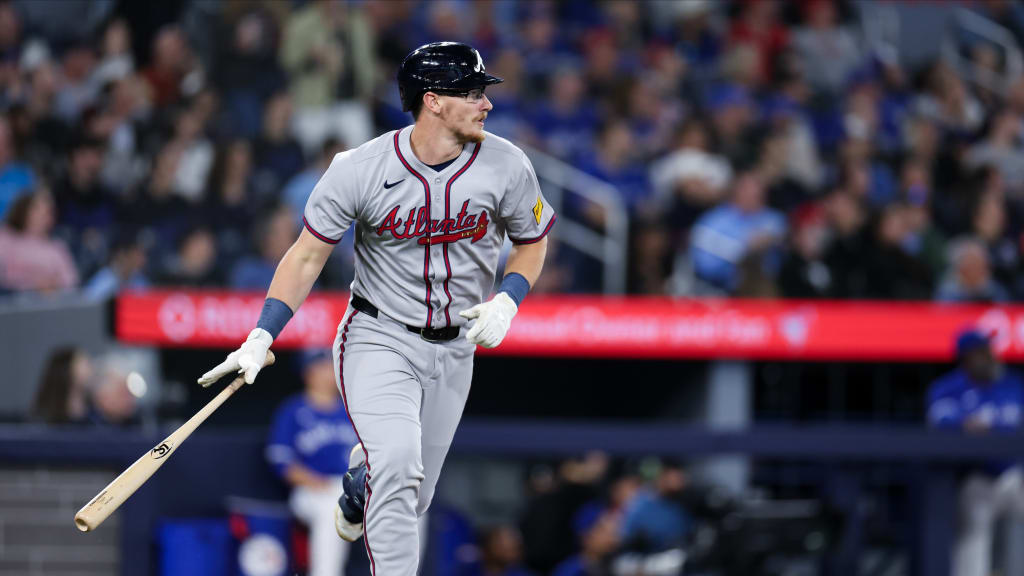
What made the situation even more unpredictable is Nola’s unique career path. Before reaching the major leagues, he spent years bouncing through different levels of the minors. He converted from infielder to catcher while in the minor league system — an unusual transformation — and after reaching the majors, he became a respected presence on several pitching staffs. His experience and versatility seemed like a natural fit for a Braves team looking for solid veteran support.
But just as quickly as Nola joined the Braves, he was gone.
More MLB: Confident Weiss bringing fire, familiarity to new role
In one of the most surprising developments of the early offseason, news broke that the Braves had granted Austin Nola his release. The reason? He was accepting a job as the bullpen coach for the Seattle Mariners. Once again, Bob Nightengale reported the development, noting that Nola was making an extremely rare career shift — going directly from being signed as an active player to taking on a full-time coaching position at the major league level.

This was not the typical scenario in which a veteran player accepts a minor-league coaching job or transitions into development work in an organization’s farm system. Nola was stepping straight into a major league coaching staff. For a player who still had opportunities to compete for a roster spot, the move came out of nowhere. The Braves, recognizing the significance of the opportunity and respecting Nola’s wishes, chose not to stand in his way. They released him from his contract, wishing him well in his new chapter.
For the Braves, Nola’s departure wasn’t catastrophic. It did, however, create an unexpected gap. The minor-league signing had been intended to bring a calming, steady, veteran presence to an evolving catching group — someone who could support and mentor younger catchers such as Drake Baldwin while giving the organization depth.
Losing Nola before spring training even began means Atlanta is once again evaluating backup options behind Murphy and Baldwin. This sudden loss could push them back toward someone like Sandy León, a player they already know well, or another veteran in free agency.
More MLB: MLB executives debate if Skubal gets traded this offseason
More broadly, Nola’s brief tenure and abrupt exit reflect the strange tone of the Braves’ offseason so far. The club clearly entered winter with a plan, but circumstances continue to shift. The Braves need to be strategic, especially given the uncertainty around their catching arrangement, their designated hitter strategy, and their depth needs across the roster. Their front office — led by general manager Alex Anthopoulos — has always had a reputation for being opportunistic and flexible, traits that will be tested in managing this position group.
Although losing Nola may be inconvenient in the moment, the bigger picture reveals that the deal was more about insurance than necessity. The Braves weren’t counting on Nola to carry the roster or dramatically influence the team’s offensive production. They simply hoped to add leadership and experience as they evaluated the direction of their catching core. His departure doesn’t derail their plans — it merely creates an extra task on their offseason checklist.
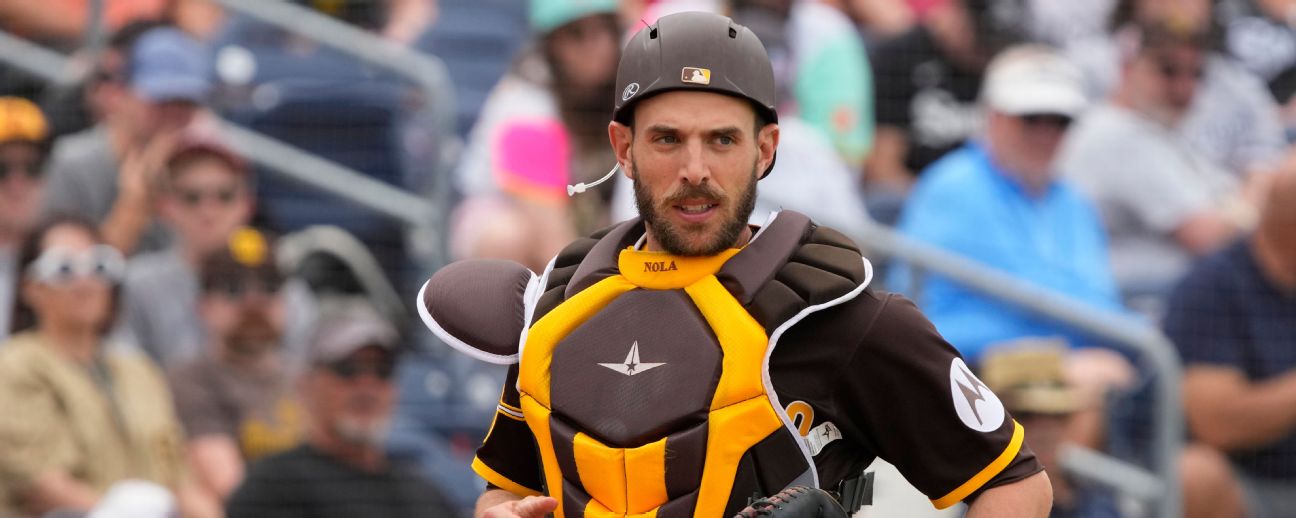
There is also an underlying philosophical shift occurring within the organization. For years, the Braves built around several established veterans and star players. But as younger players emerge — and as payroll commitments accumulate — the team may be moving toward more youth-driven roster decisions. Drake Baldwin’s rapid rise forces the organization to examine how to allocate playing time and how to distribute financial resources. Carrying an expensive, established catcher like Sean Murphy becomes more complicated if Baldwin proves capable of seizing the everyday role.
Ultimately, the Braves’ offseason will be shaped not by the signing and departure of Austin Nola, but by how they resolve the broader question: Who is their catcher of the future? If Baldwin wins the job, Murphy becomes an expensive luxury — or perhaps a trade chip. If Murphy bounces back and returns to form as an elite defender and contributor on offense, Baldwin may continue to develop with occasional starts. But either way, the Braves need a steady backup, and that’s what made the Nola deal appealing.
Nola’s unexpected career pivot reinforces just how unpredictable this offseason has become. In the span of just a few weeks, Atlanta went from adding an experienced minor-league catcher to losing him to a major-league coaching staff — a turn of events that almost never happens. While the move barely affects the Braves’ long-term competitiveness, it does underline the unique and sometimes chaotic nature of offseason roster management.
The Braves will continue reshaping their roster over the coming months as they attempt to rebound from a disappointing year. The Nola situation may end up being remembered as a quirky footnote — a minor transaction that briefly captured attention — but it also highlights the organization’s broader urgency to retool and refocus heading into next season.
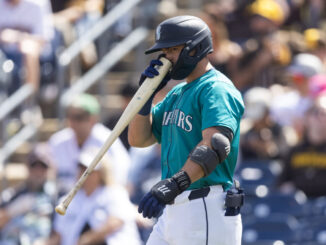
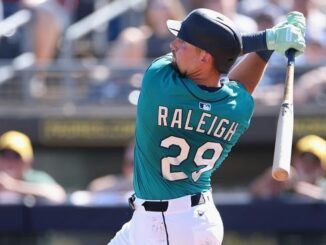
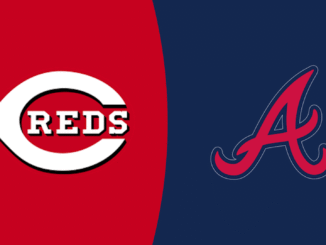
Be the first to comment